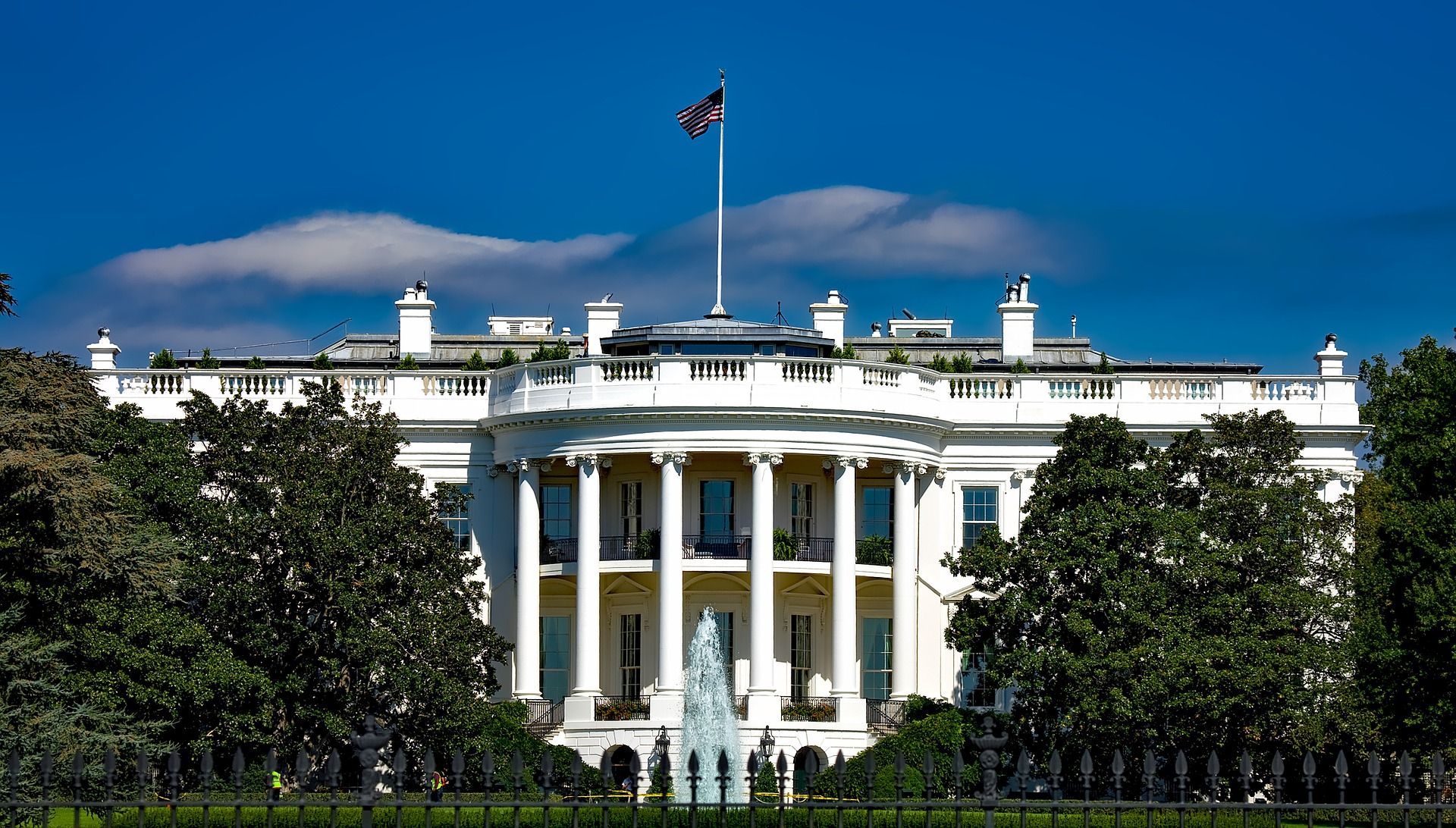The meeting went on for nearly two hours. It was scheduled to last 45 minutes.
When PM Mette Frederiksen stepped out to the waiting Danish press after her meeting with US President Joe Biden yesterday, she was visibly happy – and cautious.
“I do not want to say more about the speculation in relation to the job of secretary-general of NATO. I am not a candidate for any other job. I am focused on my job as Prime Minister of Denmark and can happily share the message that the US is very satisfied with its co-operation with our intelligence services,” said Frederiksen.
Confirmed Danish-US relations are rosier than thought
Frederiksen’s comments about the intelligence services are highly significant, as they come amid concerns about how much information is being shared overseas.
The former defence minister, Claus Hjort Frederiksen, recently alleged that Denmark has been sharing with its allies information obtained through wiretapping – claims that will be scrutinised by the courts later this year.
It had been speculated that the action against Claus Hjort Frederiksen, and also former intelligence services head Lars Findsen, had angered the Americans to the extent the White House did not want to receive the PM on an official visit.
That concern seems to have been levelled in every way by yesterday’s meeting and the PM’s almost happy rejection of sour relations between the two countries.
Support from US Congress
After the meeting with Biden, which took a particularly long time, Frederiksen was driven to Congress where she met with leaders from the Democrats and Republicans.
Apparently it also went well for Frederiksen.
“I know she’s here because of a conversation about a special job, which I probably shouldn’t talk about. But I believe that she will be an excellent choice,” Michael McCaul, the chair of the foreign affairs committee in the House of Representatives, told Ritzau.
In doing so, he let the cat out of the bag about the imminent appointment at the NATO summit from July 11-12.
However, there are other candidates besides Frederiksen, so who are they?
Who are the candidates?
Kaja Kallas, 45, the Estonian Prime Minister since 2021:
Named by Italian newspaper La Stampa as Mette Frederiksen’s biggest competitor. Estonia is the second biggest donor to Ukraine compared to its GDP. However, her rhetoric towards Russia has been harsh, and there are many who do not want Russia to be too humiliated should it lose the War in Ukraine.
Ursula von der Leyen, 64, the President of the EU Commission since 2019:
A former German defence minister under Angela Merkel, she has the experience.
Mark Rutte, 56, the Dutch Prime Minister since 2010:
The skilled negotiator is a safe pick according to observers, and he holds favour in the US. However, as the only serous male selection in the field, it might be felt the job should go to one of three strong female candidates.
ALSO MENTIONED: Pedro Sánchez, the PM of Spain since 2018; the Presidents of Romania and Slovenia, Chrystia Freeland, the Canadian Finance Minister and Deputy PM, and Ben Wallace, the UK Defense Secretary.












